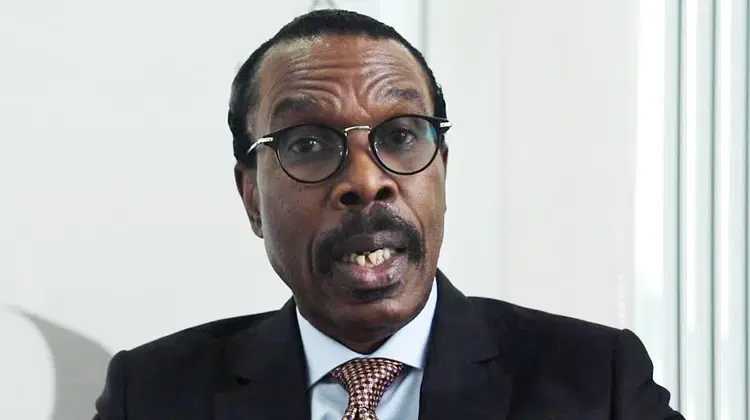N250,000 minimum wage demand by organised labor’s N250,000 minimum wage proposal might cost the federal government an additional N85 billion per month, a new report by SBM Intelligence has shown.
According to the Africa-focused geopolitical research business, the government putting such a large amount into wage payments may result in demand-pull inflation, in which the rising money supply outpaces the availability of goods and services.
“Implementing a higher minimum wage would require the government to infuse an additional N85 billion into the economy monthly, which could cause demand-pull inflation,” SBM Intelligence said in its latest report: “Will Nigeria’s Minimum Wage Ever Be A Buffer?”
According to the report, implementing a salary review could improve citizens’ livelihoods, but the economic effects are grave.
It suggested that a significant new minimum wage might trigger a wage-price spiral, in which higher earnings lead to increased consumer expenditure.
This will eventually drive up prices, cause a surge in inflation, ignite another round of cost-of-living crises, and put additional strain on household economic budgets.
According to the analysis, because Nigeria’s minimum wage is not inflation-indexed, raising it will erode workers’ real purchasing power and reduce the value of their pay over time.
Many analysis argue that a salary review without enhanced productivity may jeopardize the government’s fiscal responsibilities and worsen economic suffering.
“From a macroeconomic perspective, if wages rise across the board without a proportional increase in productivity, the government may face pressure to fund higher wage bills through inflationary measures.
“This could involve borrowing more money or increasing the money supply (printing money), which can fuel inflation,” the report said.
However, it showed that increasing productivity, particularly in critical areas such as agriculture and manufacturing, could reduce the inflationary impact of wage increases.
Talks about a new minimum wage for Nigerian workers have been going on for a while. The Minimum Wage Act of 2019 established a minimum wage of ₦30,000, which expired in April 2024. The Act should be reviewed every five years to satisfy the current economic demands of workers.
Recall it was reported yesterday that the President has called the leadership of the Nigeria Labour Congress and the Trade Union Congress to a meeting at the Aso Villa in the country’s capital.
The President is likely to decide on the ₦62,000 proposal from the government and business sector, as well as the ₦250,000 demand from the organized labor.
In January, President Bola Tinubu set up a Tripartite Committee to negotiate a new minimum wage for workers. The committee is made up of organized labour, officials from federal and state governments, and the organized private sector.











